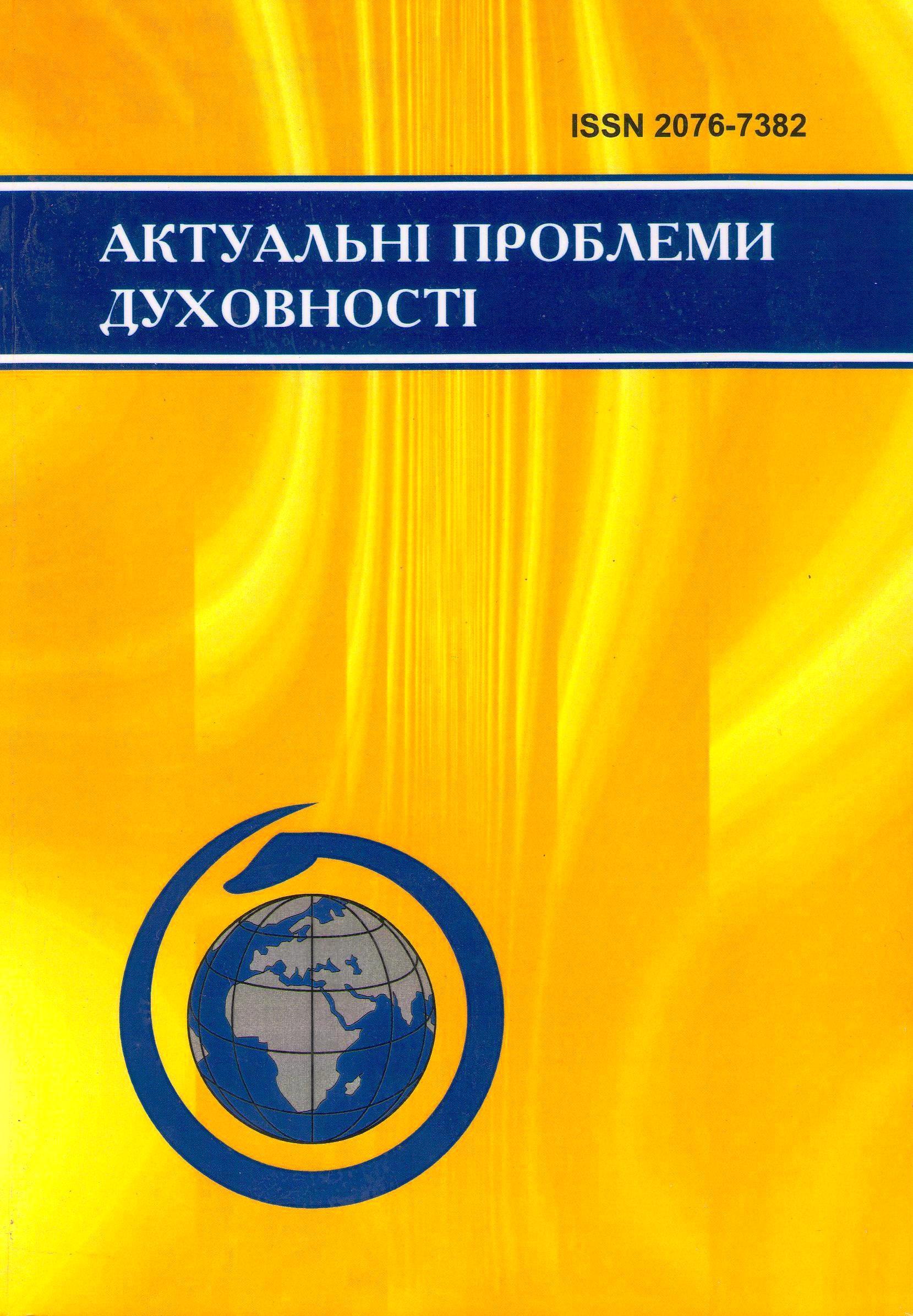Штучний інтелект і академічна доброчесність в контексті епістемології чеснот
DOI:
https://doi.org/10.55056/apm.7740Ключові слова:
академічна доброчесність, штучний інтелект, епістемологія чеснот, епістемічний авторитет, епістемічна автономія, епістемічна відповідальністьАнотація
Мета статті – розглянути особливості академічної доброчесності в контексті зростаючого використання штучного інтелекту в дослідженнях. Традиційна епістемологія не враховує специфіку цього питання, тому необхідно звернутися до епістемології чеснот. Представники цього підходу вважають, що знання є результатом правильного використання епістемічних чеснот, таких як відкритість до істини, уважність та інтелектуальна чесність. Отже, доброчесне знання виникає, коли особа використовує інтелектуальні чесноти для досягнення істини. Особливими епістемічними чеснотами, що під загрозою через використання ШІ, є епістемічна автономія та відповідальність. Автономія дозволяє суб’єкту самостійно підтримувати власні переконання, а відповідальність несе епістемічний суб'єкт щодо достовірності своїх переконань. Разом з чеснотами ми розглядаємо й епістемічні вади. Ці характеристики знання допомагають нам сформулювати поняття епістемічного суб'єкта в контексті епістемології чеснот. Грунтуючись на понятті епістемічного суб'єкта ми розглядаємо епістемічний авторитет, його функції та проблеми, які виникають при взаємодії з ним. Чи втрачаємо ми епістемічну автономію, коли довіряємо авторитету? Чи є раціональною віра на основі авторитету? Чи несе людина відповідальність за переконання, набуті через авторитет, особливо якщо це має негативні наслідки? На основі дослідження ми відповідаємо на питання: чи володіє ШІ епістемічними чеснотами і чи може бути епістемічним авторитетом. Основною проблемою постає те, що ШІ не є самостійним епістемічним суб'єктом і не може відповідати за інформацію чи аналіз, як це робить людина. Він не здатний обґрунтовувати свої висновки через брак чеснот. Знання ШІ залежать від даних і методів навчання, тому він не може оцінити їх достовірність або етичні наслідки. Проте, за певних умов ШІ може демонструвати епістемічні чесноти, але це вимагає постійної взаємодії з людиною. Фінальний розділ статті розкриває можливість академічно доброчесної взаємодії зі штучним інтелектом з урахуванням особливостей його функціонування з точки зору епістемології чеснот в реальних навчальних та дослідницьких кейсах.
Завантажити
Посилання
Barseghyan H. Redrafting the Ontology of Scientific Change. Scientonomy. Vol. 2. 2018. P. 13-38. URL: https://scientojournal.com/index.php/scientonomy/article/view/31032.
Barseghyan H., Levesley N. Question Dynamics. Scientonomy. Vol. 4. 2021. P. 1-19. URL: https://scientojournal.com/index.php/scientonomy/article/view/37120.
Brogaard B. Virtue Epistemology and Epistemic Responsibility. Externalism about Knowledge. Oxford : Oxford University Press. P. 213–246.
Battaly H. Virtue Epistemology. Philosophy Compass. Vol. 3. №4. 2008. P. 639–663.
Goldman A. Knowledge in a Social World. Oxford, 1999. P. 45-50.
How do I cite generative AI in MLA style. MLA Handbook. 9th edition. 17 March 2023. URL: https://style.mla.org/citing-generative-ai/
King N.L. Responsibilist Virtue Epistemology: A Reply to the Situationist Challenge. The Philosophical Quarterly. Vol. 64. №255. 2014. P. 243–253. URL: http://www.jstor.org/stable/24672604
Laskin M., Yarats D., et al. Unsupervised Reinforcement Learning Benchmark. Thirty-fifth Conference on Neural Information Processing Systems Datasets and Benchmarks Track (Round 2). 2021. URL: https://bair.berkeley.edu/blog/2021/12/15/unsupervised-rl/
McAdoo T. How to cite ChatGPT. APA Style. 23 February 2024. URL: https://apastyle.apa.org/blog/how-to-cite-chatgpt
Patton P. Epistemic Tools and Epistemic Agents in Scientonomy. Scientonomy. Vol. 3. 2019. P. 63-89. URL: https://scientojournal.com/index.php/scientonomy/article/view/33621.
Raz J. Between Authority and Interpretation. New York : Oxford University Press, 2009.
Sosa E. The Raft and the Pyramid: Coherence versus Foundations in the Theory of Knowledge. Midwest Studies in Philosophy. Vol. 5. 1980. P. 3–25.
Spencer J. Promoting Academic Integrity in the Age of Generative AI. 6 May 2024. URL: https://spencereducation.com/ai-academic-integrity/
Stewart C. Expertise and Authority. Episteme. Vol. 17. №4. 2020. P. 420–437. doi:10.1017/epi.2018.43
The European Code of Conduct for Research Integrity. Revised edition. 2023. URL: https://ec.europa.eu/info/funding-tenders/opportunities/docs/2021-2027/horizon/guidance/european-code-of-conduct-for-research-integrity_horizon_en.pdf
Zagzebski L. Epistemic Authority: A Theory of Trust, Authority, and Autonomy in Belief. Oxford : Oxford University Press, 2012.
Zagzebski L. Epistemic Authority and its Critics. European Journal for Philosophy of Religion. Vol. 6. 2014. P. 68–87.
Zagzebski L. Virtues of the Mind: An Inquiry into the Nature of Virtue and the Ethical Foundations of Knowledge. Cambridge: Cambridge University Press, 1996.
Завантаження
Опубліковано
Номер
Розділ
Ліцензія
Авторське право (c) 2024 Надія Козаченко

Ця робота ліцензується відповідно до ліцензії Creative Commons Attribution 4.0 International License.





